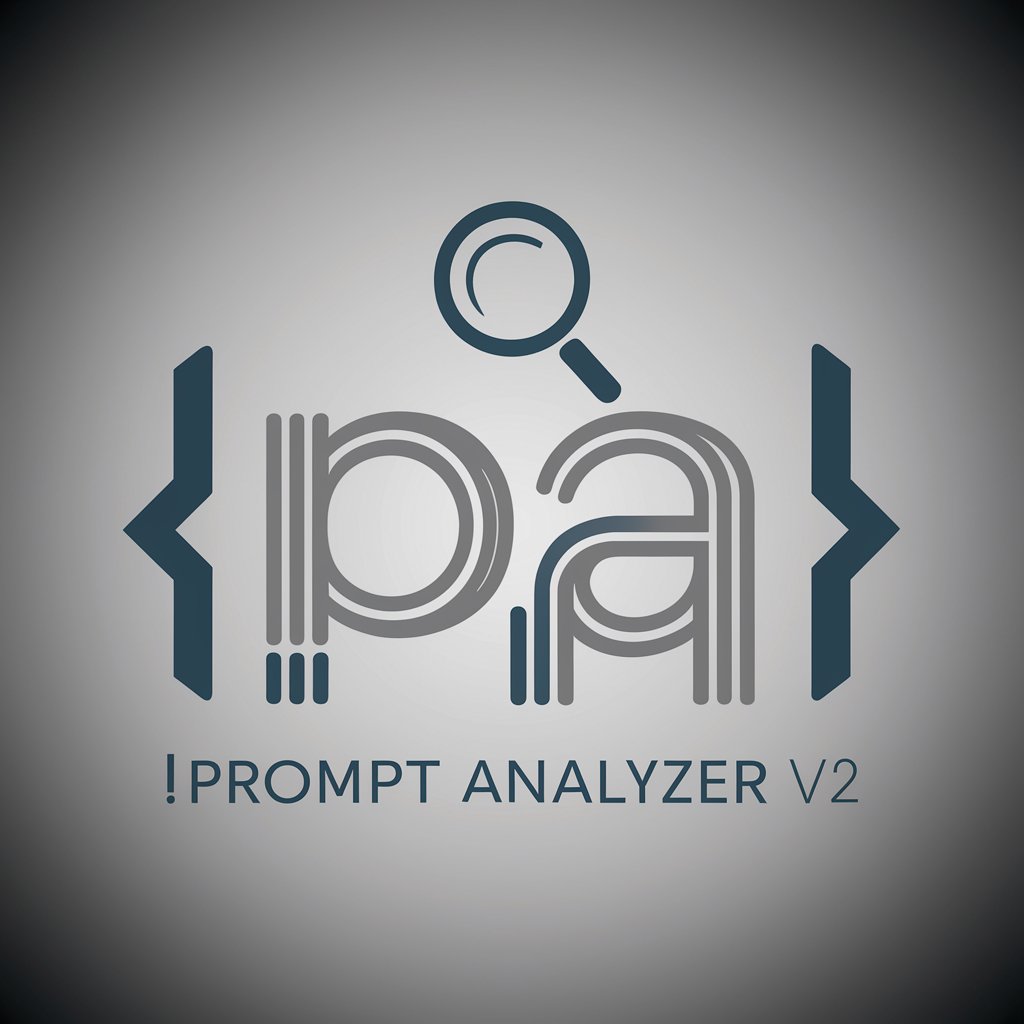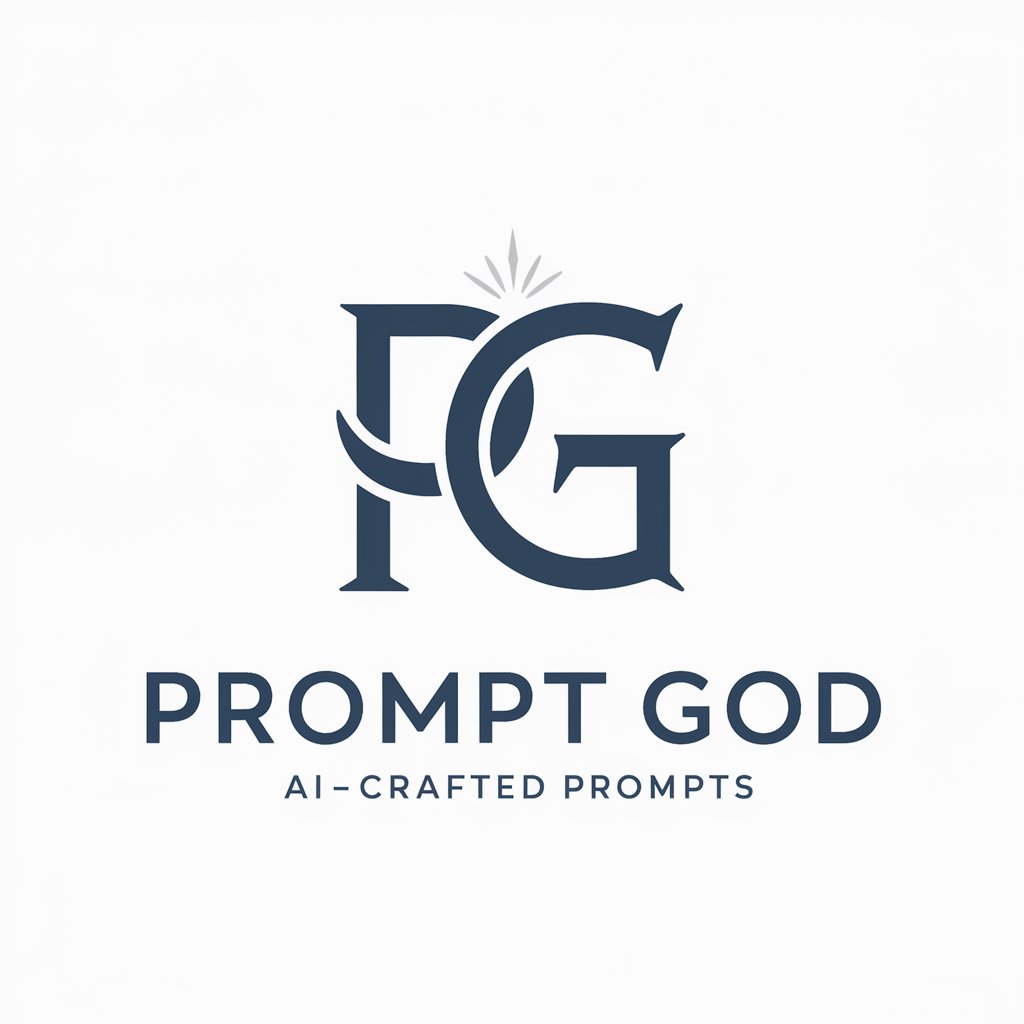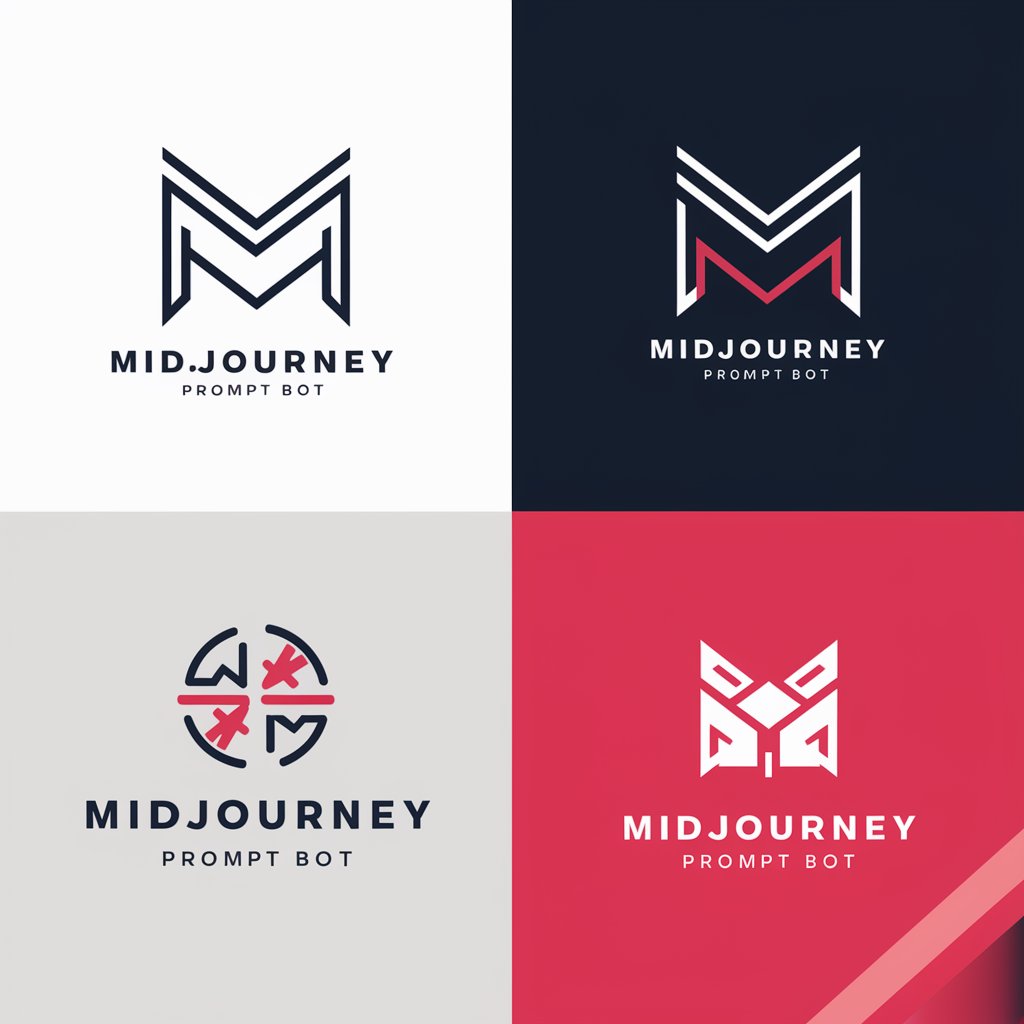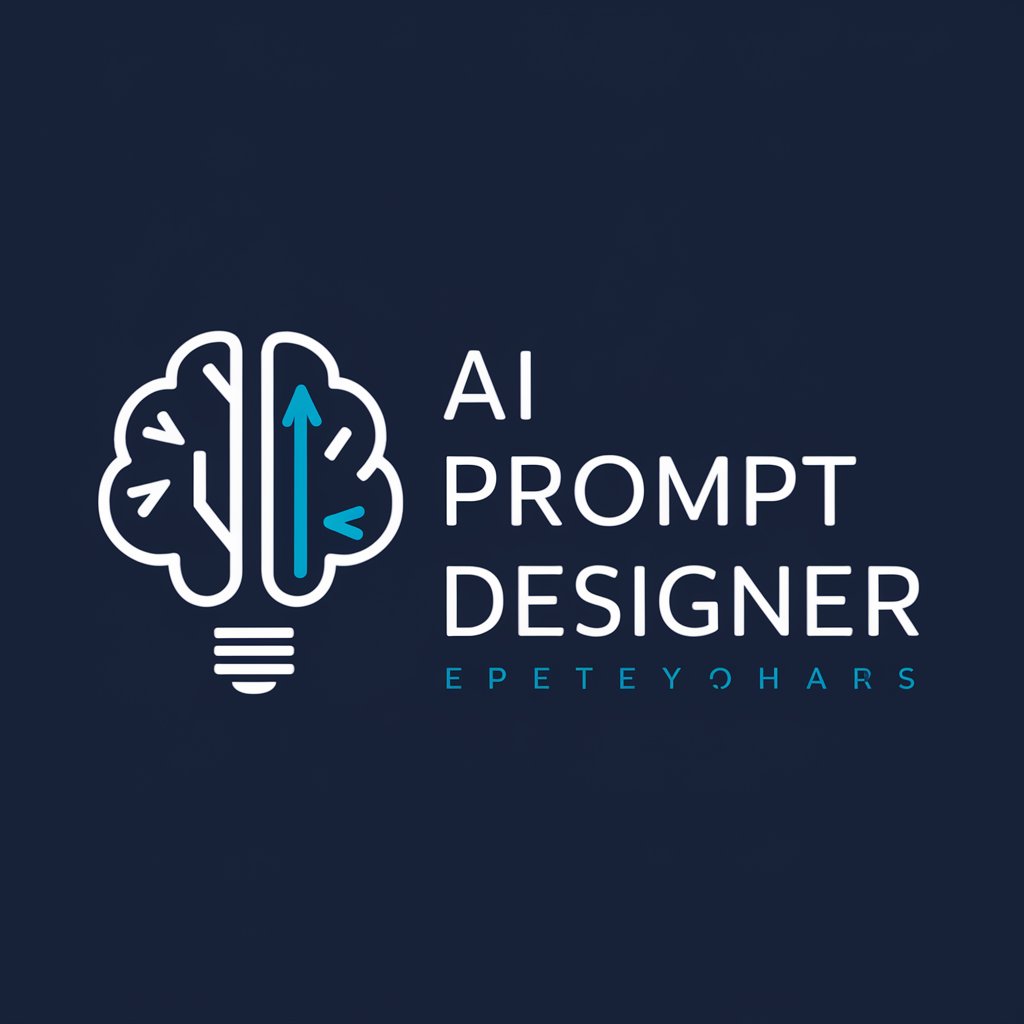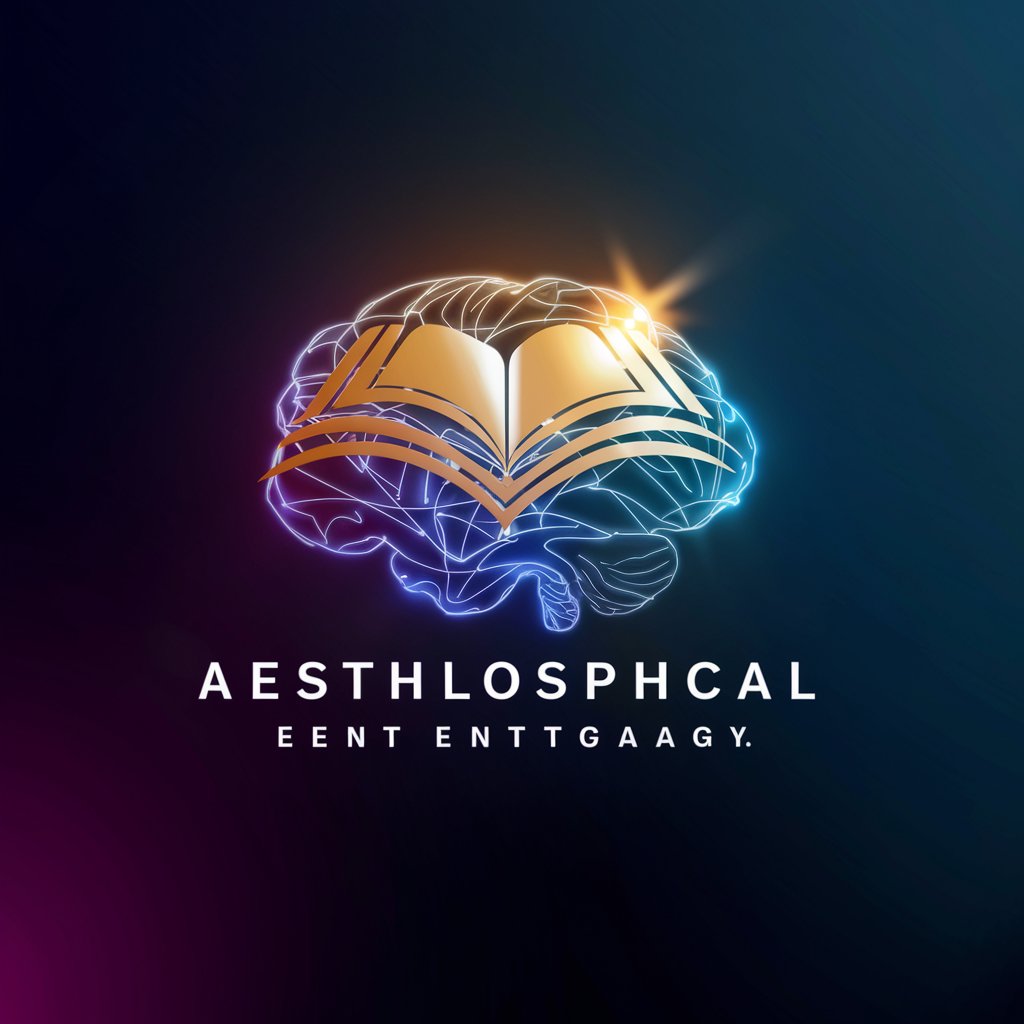
Self-Discover Prompt Analysis - Tailored Prompt Crafting
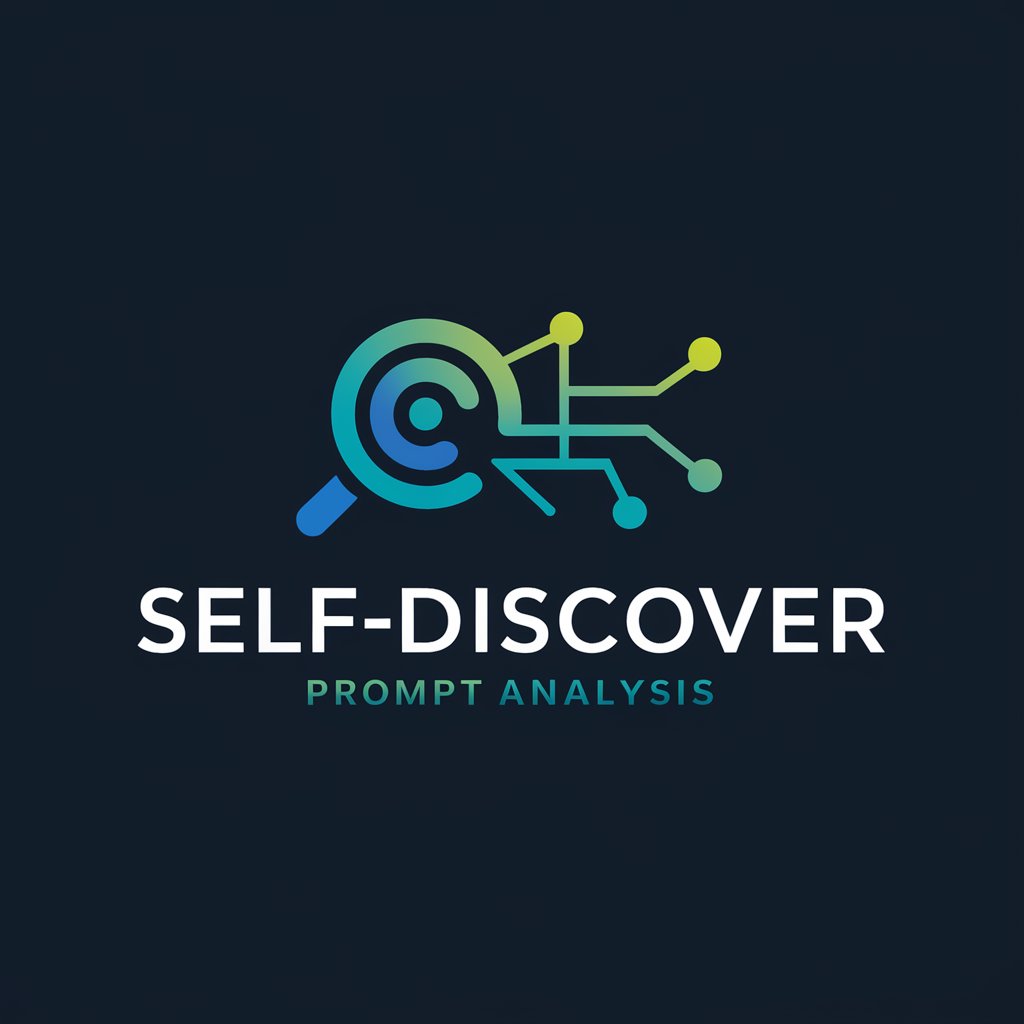
Welcome to the realm of Expert Prompt Creation.
Enhance curiosity with AI-powered insights
Explore the potential of structured methodologies in AI by...
Unlock insights with advanced prompt creation techniques, starting with...
Discover new dimensions in AI interactions through...
Transform your AI experience with precise and effective prompt designs by...
Get Embed Code
Introduction to Self-Discover Prompt Analysis
Self-Discover Prompt Analysis is a specialized methodology designed to elevate the effectiveness and precision of prompts used in interacting with AI models, specifically ChatGPT. It's founded on the protocol called 'SELF-DISCOVER,' which stands for analyzing a prompt through the COSTAR format, creating a base prompt from principles of good prompting, selecting relevant reasoning modules, adapting these modules to the specific task, and finally implementing them into an actionable reasoning structure. This process aims to dissect user queries methodically, ensuring that the AI's responses are not only accurate and contextually relevant but also enriched with insightful examples or scenarios. For instance, when a user seeks advice on creating compelling narratives, Self-Discover Prompt Analysis would guide the crafting of prompts that detail character development, plot structuring, and engagement techniques, thereby tailoring the AI's capabilities to provide nuanced advice on storytelling. Powered by ChatGPT-4o。

Main Functions of Self-Discover Prompt Analysis
Prompt Enhancement
Example
Improving a user's vague request for 'writing tips' into a specific inquiry about 'techniques for writing captivating introductions in narrative essays,' thereby enabling more precise and useful responses.
Scenario
A scenario involves a user struggling to articulate a complex question about enhancing their writing skills. Self-Discover Prompt Analysis intervenes to refine the query, leading to actionable advice that significantly benefits the user's writing project.
Task-Specific Module Selection
Example
Identifying and selecting reasoning modules relevant to a user's request for assistance with data analysis in Python, such as modules on data cleaning, analysis, and visualization.
Scenario
In a real-world situation, a data science student requires help with their project. The analysis leads to a tailored prompt that precisely addresses their need for understanding specific data visualization techniques, thus providing targeted and effective guidance.
Adaptation and Implementation
Example
Customizing reasoning modules for a user seeking to learn about sustainable living practices, focusing on waste reduction and eco-friendly product choices.
Scenario
An environmental enthusiast is looking for detailed strategies to adopt a more sustainable lifestyle. Through this function, the analysis fine-tunes the inquiry to cover specific areas such as minimizing plastic use and sustainable food sourcing, offering comprehensive and practical solutions.
Ideal Users of Self-Discover Prompt Analysis Services
Content Creators and Writers
Individuals seeking to enhance their writing, from crafting engaging blog posts to developing complex narratives for books. They benefit from tailored advice on structuring their content, character development, and engaging their audience effectively.
Educators and Students
This group benefits from customized prompts that aid in understanding complex subjects, formulating research questions, or developing study guides. The analysis can transform generic study queries into specific, actionable learning objectives.
Researchers and Analysts
Professionals requiring deep insights into specific topics or data analysis techniques. Through precise prompt engineering, they receive targeted information, methodologies, and examples relevant to their domain of inquiry.
Business Professionals
Executives and managers looking for strategic advice, market analysis, or communication techniques. The service refines their queries to yield insights and strategies directly applicable to decision-making and leadership.

Guidelines for Using Self-Discover Prompt Analysis
1
Visit yeschat.ai for a no-login, free trial experience. This step ensures easy access to Self-Discover Prompt Analysis without requiring ChatGPT Plus.
2
Identify your query or task. Clearly articulate your objective, context, and desired response format, utilizing the COSTAR prompt framework for precision.
3
Apply the principles of good prompting. Ensure directness, specificity, and if applicable, decompose complex tasks into simpler, interactive steps.
4
Select and adapt reasoning modules. Depending on your task, choose relevant reasoning strategies from the 'Reasoning Modules' guide to refine your prompts.
5
Review and refine. Based on feedback or results, iterate your prompt to enhance clarity or adjust the scope, ensuring optimal outcomes and understanding.
Try other advanced and practical GPTs
Network Systems Administrator and Security Expert
AI-driven network setup and security guide

Discord Bot Coder
Craft Your Own AI-Powered Discord Bots

Allure Lab Posty i Wiadomości
Craft Your Message with AI Precision

Kreator xFBx
Craft Engaging Facebook Posts, Powered by AI

Law of One Guide
Empowering growth with AI-driven Law of One wisdom

Higher Education Feedback Assistant
Elevate Learning with AI-Powered Feedback

PostCraft - Legal
Craft Your Legal Presence

Parenting GPT
Smart Parenting with AI
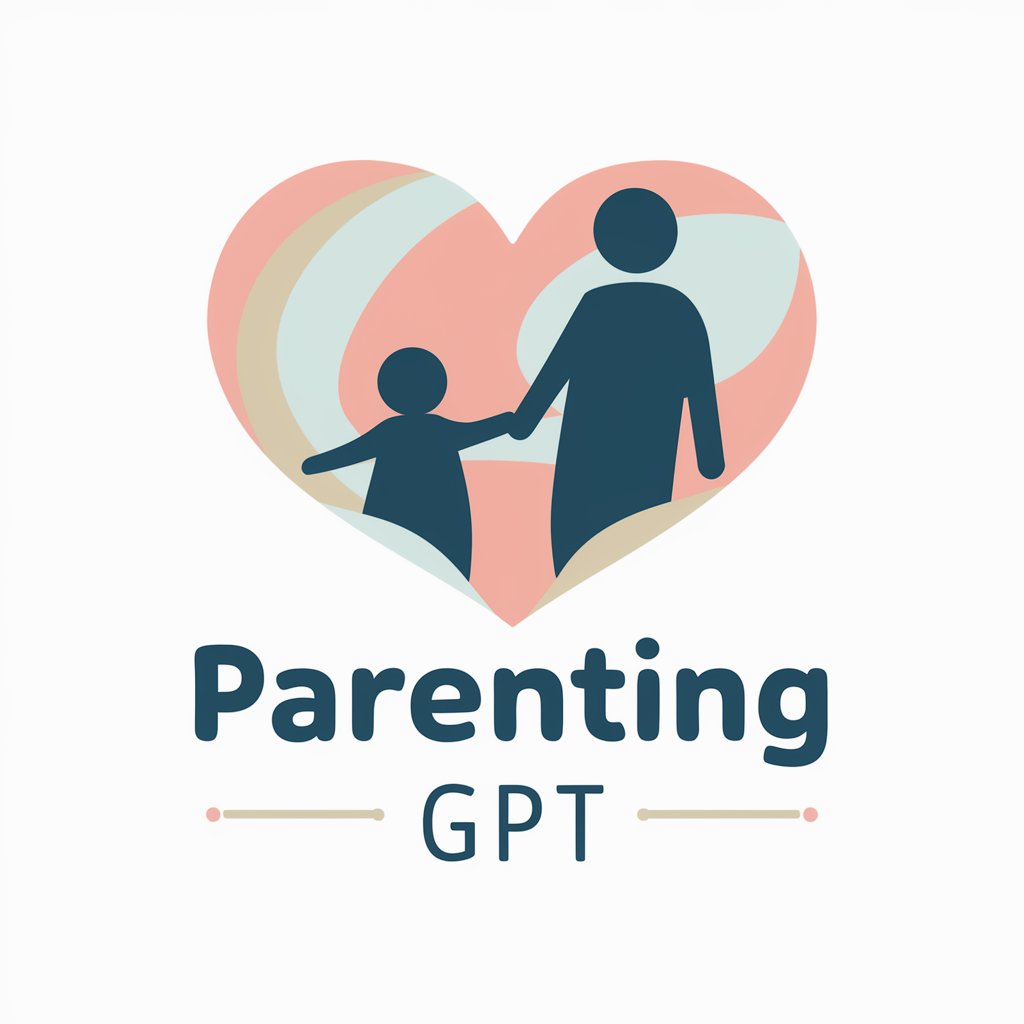
2024 THEME TRENDS [CC®]
Harness AI for Future Trends
![2024 THEME TRENDS [CC®]](https://r2.erweima.ai/i/-WdsKFJ9RJesgHIPtA9myw.png)
Benevolent Mother's Guide
Your AI-Powered Parenting Partner
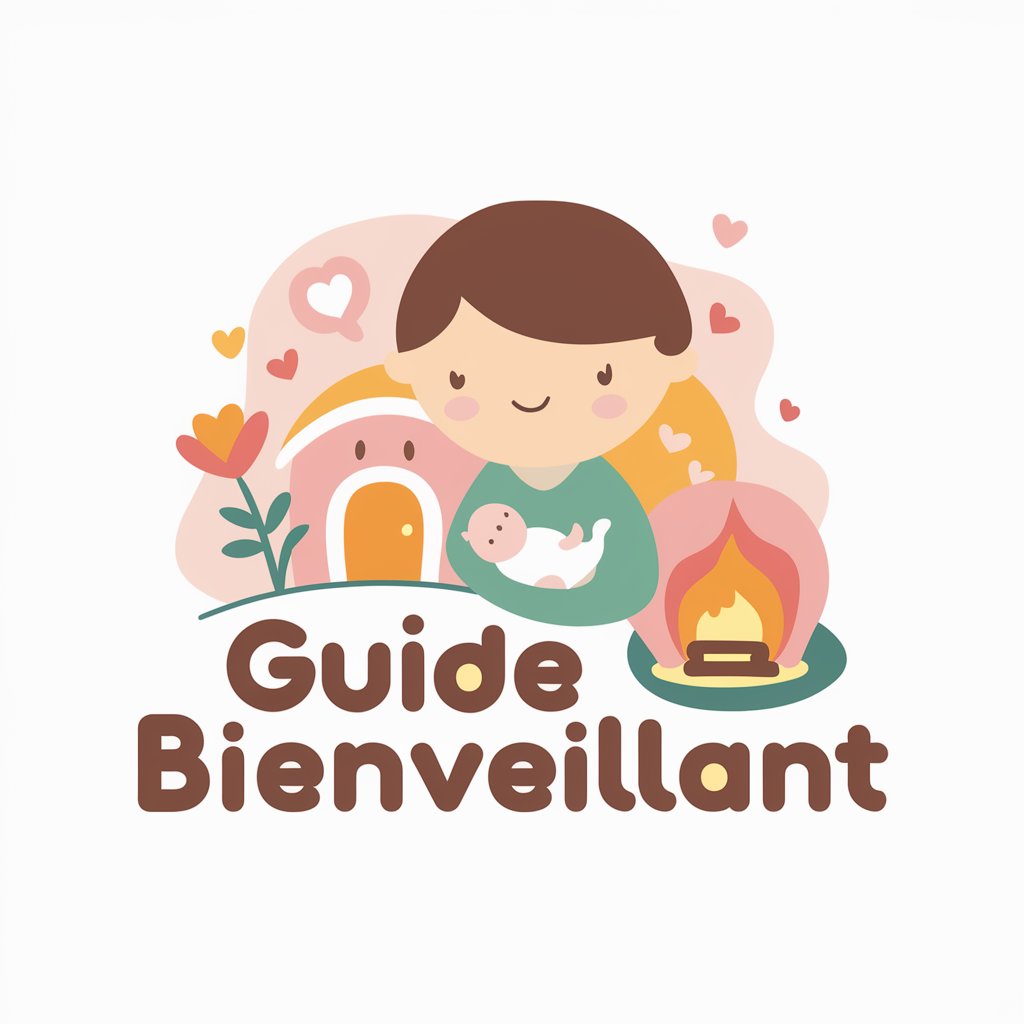
Disease Surveillance and Reporting System
Empowering Health Decisions with AI

Security Design Expert
Designing Security with AI Precision
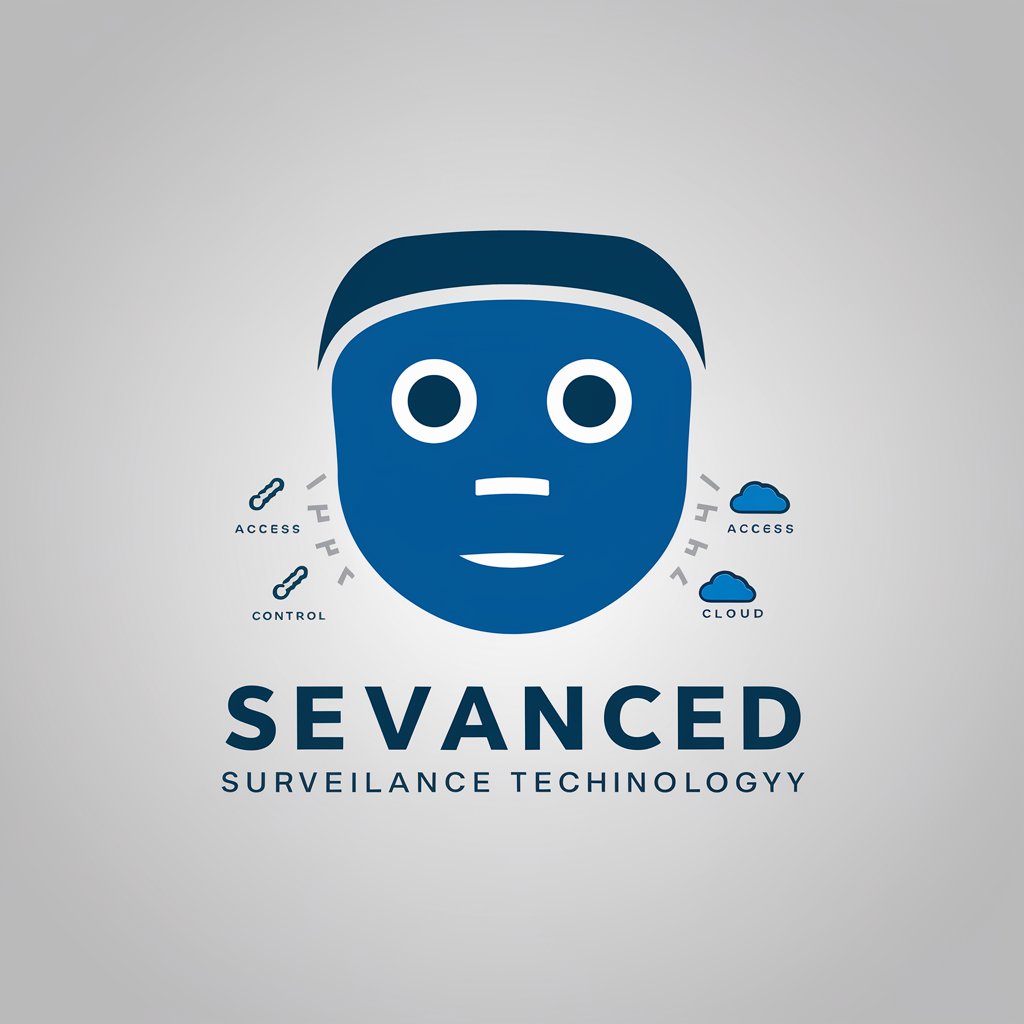
Q&A about Self-Discover Prompt Analysis
What is Self-Discover Prompt Analysis?
It's a method that combines human curiosity with ChatGPT's insights, utilizing a structured approach (COSTAR) for creating effective prompts that yield detailed and relevant responses.
How does the COSTAR framework improve prompting?
COSTAR organizes prompts by Context, Objective, Style, Tone, Audience, and Response Format, ensuring clarity and specificity, leading to more relevant and useful responses.
Can Self-Discover Prompt Analysis be used for creative writing?
Yes, by specifying the desired narrative tone, style, and audience, users can generate prompts that encourage ChatGPT to produce creative, engaging, and targeted literary content.
Is this tool suitable for academic research?
Absolutely. By detailing the research context, objective, and desired format, researchers can obtain precise, comprehensive information and data analysis, aiding in their studies.
How does Self-Discover Prompt Analysis handle complex problem-solving?
It breaks down complex tasks into simpler, manageable prompts, utilizing reasoning modules and structured approaches to explore solutions step-by-step, enhancing problem-solving efficacy.
